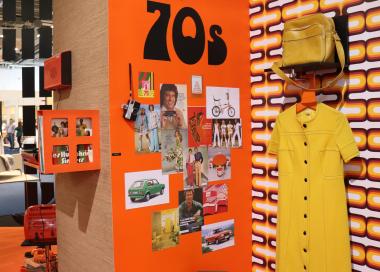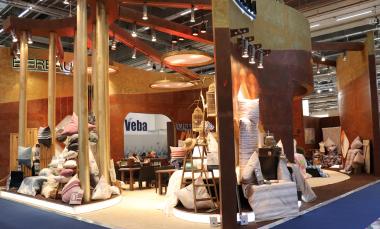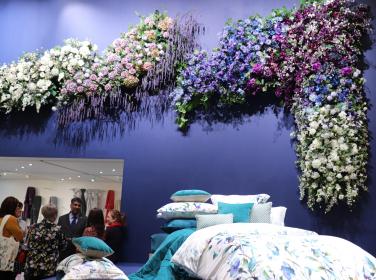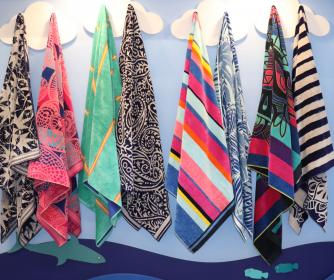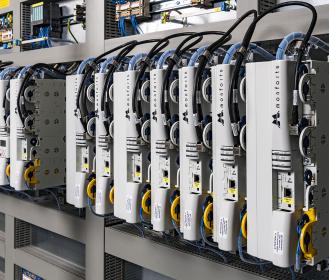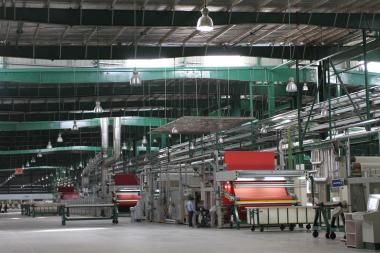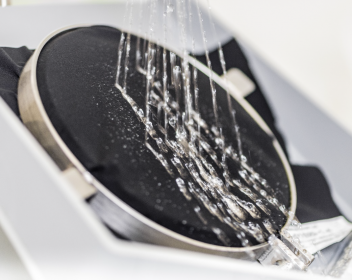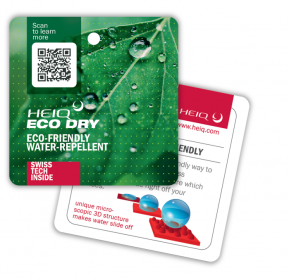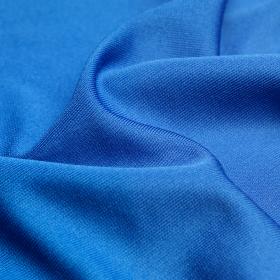HeiQ Viroblock NPJ03 antiviral textile technology tested effective against Coronavirus
HeiQ, winner of the Swiss Technology Award and Swiss Environmental Award, launches HeiQ Viroblock NPJ03, an antiviral and antimicrobial textile treatment that is tested effective against coronavirus.
Since its inception 15 years ago, HeiQ has forged a solid innovation track record helping brands improve textile products. Catalyzed to action by the global fight against Coronavirus, HeiQ launches HeiQ Viroblock NPJ03, an antiviral and antimicrobial textile treatment which is proven effective against human coronavirus (229E) in face mask testing, significantly enhancing the antiviral log reduction from 2.90 of untreated face masks to 4.48, over 99.99% reduction of virus infectivity. (Remarks: a log reduction of 2 is equivalent to 100 times the effectiveness).
Chinese protective masks producer Suzhou Bolisi is the lead adopter of HeiQ Viroblock NPJ03. Treated masks will be available on the market as early as this April. American legwear manufacturer Kayser-Roth is planning to add the technology to their new product, Ghluv hands protector, while Lufeng from China is evaluating the technology on other types of fabric used for garments.
HeiQ Viroblock NPJ03 is a unique combination of vesicle and silver technologies designed to inhibit the growth and persistence of bacteria and viruses. The HeiQ vesicle technology targets lipid- enveloped viruses, such as coronavirus, providing rapid virus deactivation, while the HeiQ silver technology inhibits the replication of both bacteria and viruses. HeiQ Viroblock NPJ03 can be applied to a wide spectrum of textile surfaces including face masks, air filters, medical gowns, curtains, drapes and more. HeiQ also has a range of highly wash-durable antimicrobial and odor control textile technologies, called HeiQ Pure, combining silver-based and bio-based materials for all fabric types.
HeiQ







